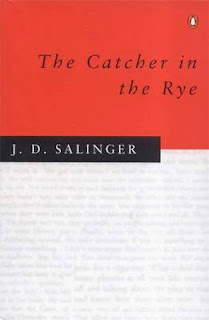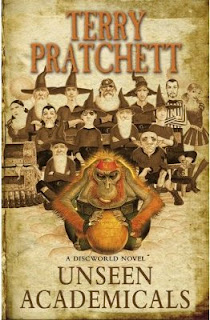J. D. Salinger 1919-2010

When a great writer dies, the most respectful response is surely to plug their merchandise. So if you haven't read The Catcher in the Rye yet, I advise you to get on with it before his estate allows some idiot to make a phony film adaptation. It's one of my favourite books of all time, perhaps only bettered by a certain other book with 'catch' in the title. I particularly recommend it if you're a cynical adolescent, but cynical people of all ages will find plenty to admire. Plus it's still one of the most frequently banned books in America. What higher recommendation can there be? I have to admit I've never got round to reading any of Salinger's other books. Partly it's because I'm scared they won't be as good as Catcher . If you've read any of them, let me know how they rate.




